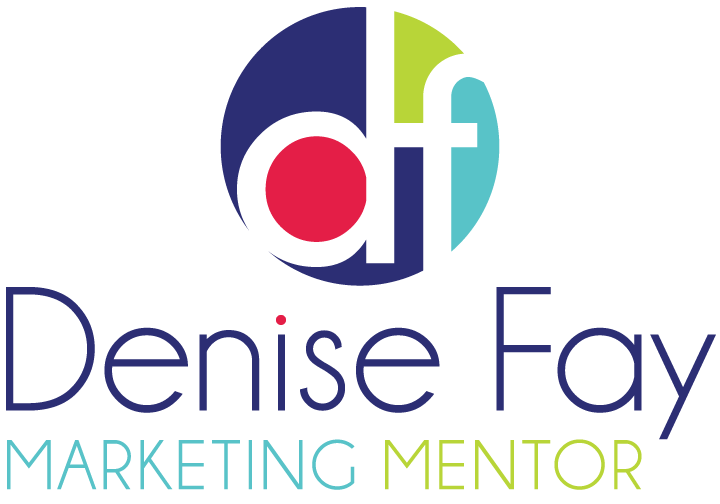 The words you choose within your written promotional material matter. Those words inform the reader, not only about the message you are trying to portray but also the kind of person you are. Depending on your medium, words should be chosen carefully.
The words you choose within your written promotional material matter. Those words inform the reader, not only about the message you are trying to portray but also the kind of person you are. Depending on your medium, words should be chosen carefully.
A word can be defined as “A sound or a combination of sounds, or its representation in writing or printing, that symbolizes and communicates a meaning and may consist of a single morpheme or of a combination of morphemes.”
The meaning that you want to give should be clear from your choice of words. If you’re writing a proposal and want your writing to sound businesslike and professional, then avoid trendy words. If however, you’re writing sales copy or an advert aimed at youth market, then use trendy words and avoid business words.
If you want your writing to sound modern and contemporary, you should avoid out-dated words. If you want to sound friendly, then you should avoid formal text.
Buzzword Bingo
I remember when I was working in Corporate America, there was a game that went around called ‘Buzzword Bingo’. (That’s the polite version!). Here it is just one for you to play the next time you hear your government ministers talk on the radio!
It’s a great game, but it shows you how certain words have become unfashionable, laughable and over-used.
Remember your target audience and your medium determines the use of words, but here are some general thoughts for you to consider.
1. Colloquial Words
Colloquial words can be limited to a geographic area or used in informal chat. Generally speaking, colloquial words should not be included in professional or written writing. The exception to this is use in adverts or sales copy with a play on the words.
When I visited Dallas frequently for work years ago, the term ‘y’all‘ or ‘y’all y’all‘ was used all the time: “y’all going to Chillis for lunch?” Perfect question to ask over the phone but not on a document.
Colloquial words, such as ‘yeah‘, ‘you know‘, ‘whatever‘, ‘later‘ or ‘gonna‘ should be avoided like the plague. In fact, sayings such as ‘avoiding like the plague‘ should be avoided too unless it’s well known.
Be aware of the colloquial terms that you use in everyday speech and in your writing.
2. Outdated Words
Unless you are writing for or to the legal profession, words from a past generation are considered out-dated. Your writing will read artificial and stilted. Find other words to use to sound less boring.
A few examples:
Old: Herewith find attached my CV.
New: I am attaching.
Old: As per your request, I have compiled a list of the top-sellers in our region.
New: As you requested, here is the list of top sellers.
Old: I’ll be there forthwith
New: I’ll be there immediately
3. Over-used Words
You know when you hear a song on the radio for the first time and you think it’s great? Then after a while, it just grates on you. You turn it off when it comes on. Over-playing a song is just as bad for sales as under-playing it.
The same is true with your text. A couple of years back, ‘going forward‘ and ‘synergy‘ were buzzwords, they were the words of the 1990s. Now, they just seem old hat, everyone is saying them, to the point where they are a turn-off.
Think of the buzzword bingo and avoid such words.
4. Trendy Words
Until a trendy or fad word is added to a dictionary, then it should be avoided in written, business communication.
You don’t want to confuse your readers. While trendy terms (googling, tweeting) are perfectly understood by some of your audience, they may not be to others. Avoid alienating half your audience.
Day 15 – Homework
In your industry or sector, draw up a list of words that you see regularly. Check out industry sites, industry journals, your competitors site and your own site.
Pick up the phone and ask your top three customers two questions:
1. What do they think the words mean
2. How relevant are they for them
3. How important are the words if they read them on your copy
Change your copy as a result of the conversation.








